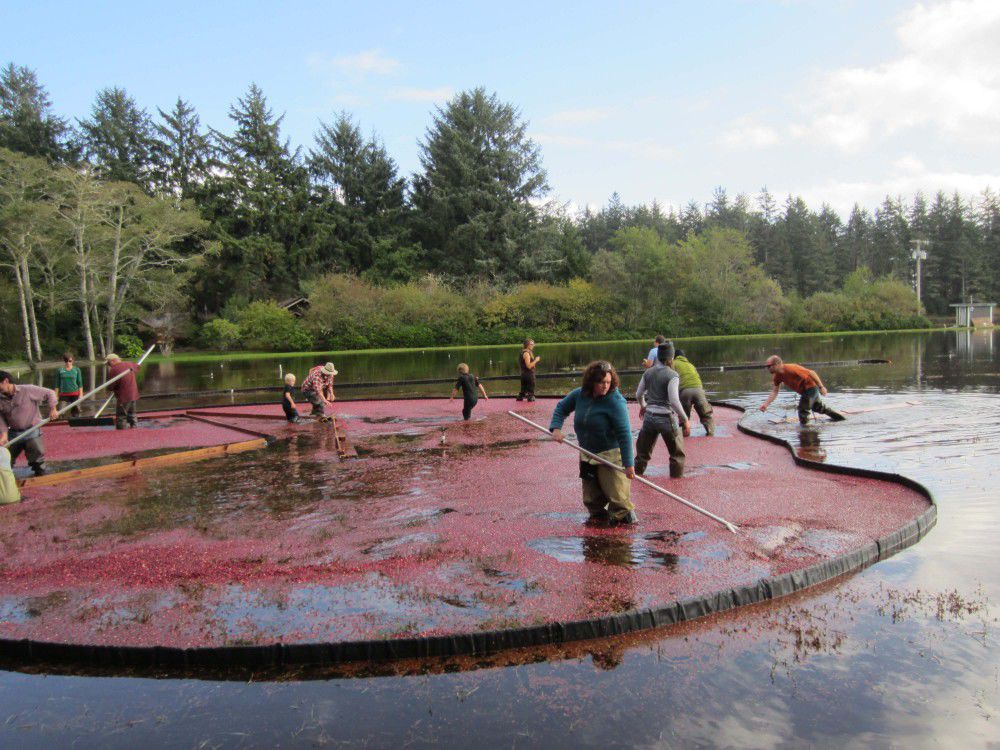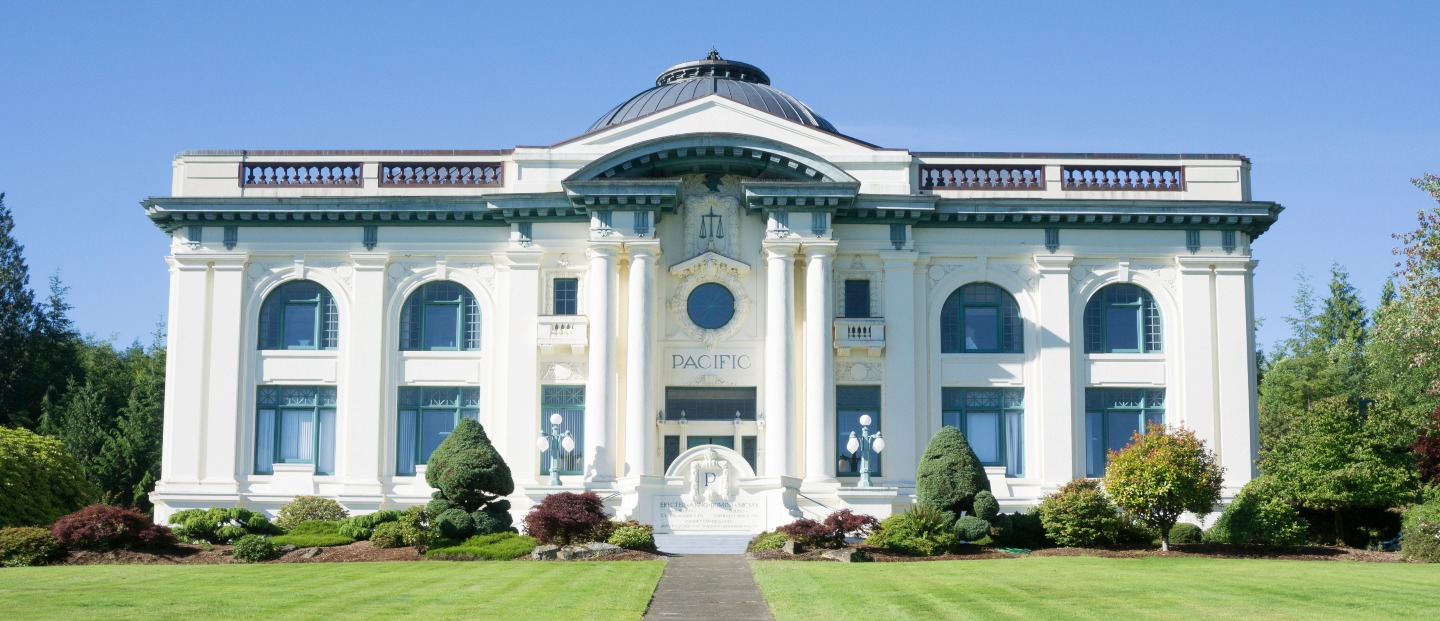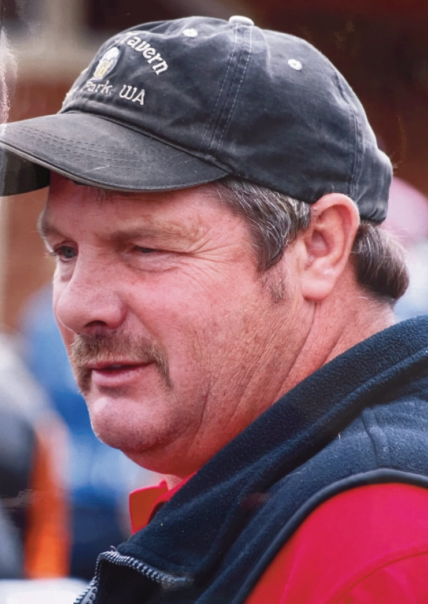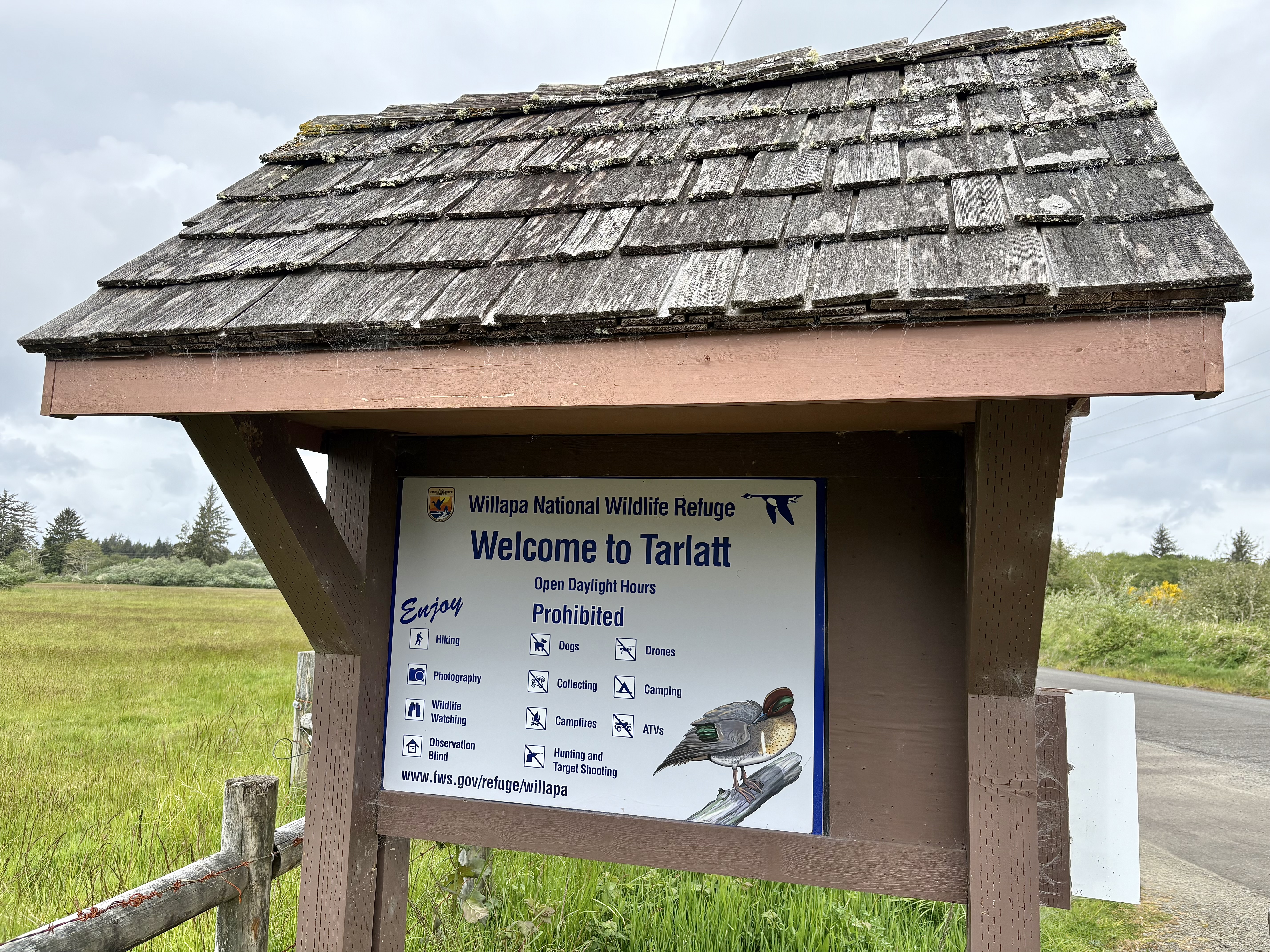A locavore Thanksgiving
Published 4:00 pm Wednesday, November 7, 2012

- <p>Workers harvest USDA-certified organic cranberries in fall 2011 at the 10-acre Starvation Alley Farms in Long Beach, Wash.</p>
Fall is harvest season a time to celebrate the bounty of our lives, particularly those gifts from the earth. And what better way is there to show Mother Earth we appreciate her offerings than by shopping for that Thanksgiving meal at local farms that are treating her right.
Trending
Slow Food
Anyone with a backyard garden knows that the trick to growing delicious produce is in the soil. Petro-chemicals give veggies a rush of energy, but they burn out the microbes and other elements in the soil that create its long-term fertility.
Mass-produced tomatoes are picked green and grown to withstand transport in large truckloads. But home-grown, heirloom tomatoes such as the ones local farmer Fred Johnson tends in one of his covered greenhouses are bursting with flavor and nearly as sweet as apples. Johnson left the world of restauranteuring to get on the other end of the food chain. Now he wields his chef knives in a big farm kitchen on his 80 acres beside the Naselle River in Washington. Farmer Freds philosophy is feed the soil, and it will feed you. That can be a slow process, but you can taste the difference.
Trending
Community of Stewards
On the North Coast we are graced with a growing community of farmers who are growing certified-organic produce and naturally raised livestock. They have a commitment to use few or no pesticides or herbicides and to treat both the soil and livestock with respect.
The Zimmerman family Tom, April and the Veggie Girls: Abigail, Grace, Chloë and Emma tend 37 acres of the Glory B Farm in Grays River, Wash. Their produce is offered at local farmers markets and is also available at the Astoria Cooperative. (Dont leave Fido out of the celebration: Emma also makes yummy dog treats.)
Puget Island is another enclave of organic consciousness. Two couples who thought they were moving to the country to retire have taken up the issue of local, sustainable food. Rob and I bought this place and had no intention of doing what were doing now, says Diane Stockhouse of Stockhouse Farm. Weve lived here since we retired in 2004-05, but prior to that I was in high-tech in Hillsboro, and Rob was a college professor at Pacific University in botany. Now we just love to grow things.
I still grow veggies like you would in your own personal garden, only on a little larger scale. But I dont have acres of any one thing, Stockhouse continues. Everything is grown in small quantities. I plant many times over the year so I have a constant supply of produce.
And supply is the key word. Diane runs down the list of what the Stockhouse garden is still producing: carrots, different kinds of winter squash including delicatta and butternut, beets, rutabaga, kale and chard, some fennel, kohlrabi, cauliflower, broccoli, cabbage and, she says, We still have artichokesthis has been a phenomenal year for artichoke. Weve probably picked over a 1,000 they just wont stop!
We also have sage, parsley, rosemary, she continues, potatoes, apples, pears, quince. Weve had various onions this year including Walla Walla sweets, storage onions, red onions, Cipollini, garlic, scallion, shallot and leeks.
Across a slew from Stockhouse Farm are Mike and Kim Howell and their Little Island Farm. Howell retired from Bonneville Power Administration, and the couple found land on the island as retirement property. It was just a pasture, and we built the whole thing, Howell said. Its been a lot of work but also a lot of fun. We just finished our seventh year. I dont believe there is such a thing as retirement its all a big lie! but I sure enjoy what were doing.
The Stockhouses and Howells met at a boat show and teamed up to create the Two Island Farms Market. The market closed at the end of October, but, as Stockhouse said, We are still open at the farm if people want to give us a call, 360-849-4145. Then we can talk about what you want and what we have. And I can make arrangements to harvest and pick for you.
Thanksgiving Birds
Stockhouse Farm also has turkeys, geese, ducks and chickens a bountiful variety for that Thanksgiving centerpiece. And Little Island Farm has naturally pastured chickens and turkeys.
Howell explains what naturally pastured means. Were raising heritage-breed turkeys, breeds that go way back. Not like those big double-breasted birds you see in the grocery stores. Those birds cant breed, they cant lay eggs and they can no longer walk after about 11 weeks because their hip sockets just fall apart.
Naturally pasture-raised means our birds arent loaded with foreign materials, chemicals or salt water. They get good feed and no soy products. I guess the best way to put this is if youre going to raise an animal for meat, its your responsibility to give it the best life you can for the short life it has.
Our birds will have a flavor difference too, Howell continues. First of all they have more dark meat than those double-breasted birds, and the meat is juicier.
The Howells do their own USDA-approved slaughtering and plucking. For a deposit of $20 you can place your order for a certain poundage bird, and they will try to match it. If you cant make a farm visit, the Astoria Cooperative carries organic produce and meat from these and other farmers.)
Starvation Alley Cranberries
No Thanksgiving meal would be complete without cranberries, and the Long Beach Peninsula, long-known for its berries, has another dynamic duo in town rocking the boat. Jessika Tantisook and Jared Oakes are raising organic cranberries on 10 acres in Long Beach, Wash.
Were bucking the system, said Tantisook who just completed her Master of Business Administration in sustainable business at Bainbridge Graduate Institute. We hear all the time from farmers here that raising organic cranberries cant be done. Were doing it all at once were new to cranberry farming, and were going organic. People think were crazy.
I think if some of the better growers on the Peninsula would choose to go organic they would probably do better than we are. But were learning everything we can, and part of our mission is to appreciate all the farmers here and help create change. We definitely want to work with the local community. When you start out, you have to earn respect.
Tantisook and Oakes are producing USDA-certified two-year transitional organic cranberries. They are focusing primarily on producing 100 percent organic cranberry juice, no sweeteners added, for high-end restaurants. But they will make available some of this years harvest for locals.
People can come by the farm, 15202 Birch Street in Long Beach, to pick up berries from November 5 through the 14, said Jessika. Well be around from 9 a.m. to 6 p.m. and the price is $5 a pound.
So, if you want to support Mother Earth this Thanksgiving, support our local farmers who are putting their hearts into their work. Or, as that wise farmer and poet Wendell Berry said, In any discussion of agriculture or food production, it would be hard to exaggerate the importance of love. No doubt there are people who farm without it, but without it nobody will be a good farmer.









